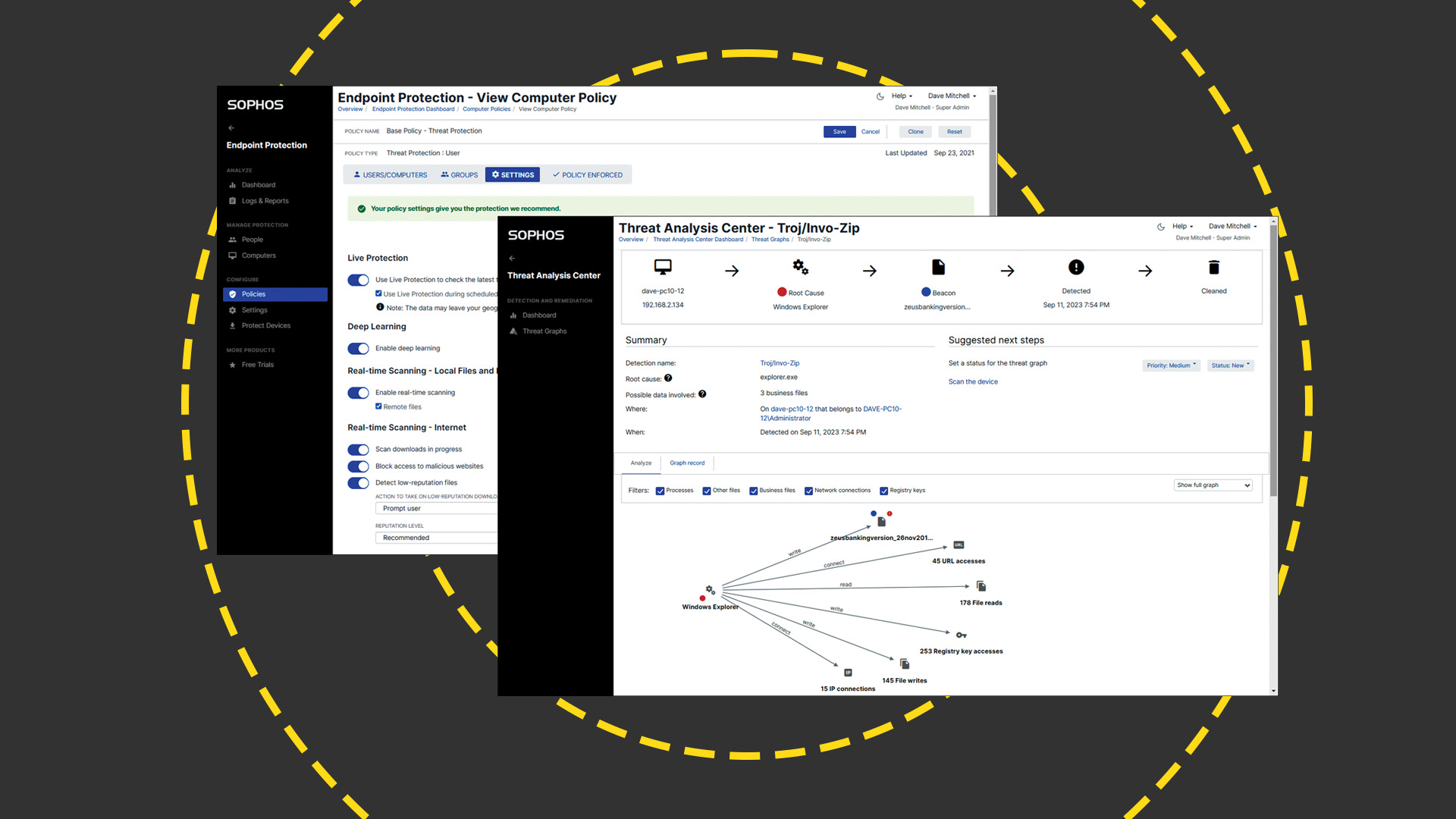Facebook tried to buy NSO Group's Pegasus spyware to monitor iOS users
Social network wanted to integrate surveillance tech into its Onavo Protect app


Facebook once tried to buy the Israeli spyware group NSO Group it’s suing due to its alleged involvement in a massive WhatsApp hack last year, documents from an ongoing court case show.
NSO Group, which develops surveillance tools for government agencies, was accused of developing the Pegasus spyware tool that was at the heart of a significant attack against WhatsApp between April and May 2019.
The incident saw the communications and location data of 1,400 users, including high-profile targets like government and military officials, intercepted and tracked through the exploitation of a flaw in the platform.
Documents from the lawsuit, however, reveal the social network approached NSO Group in 2017 in order to use the very same technology to more effectively monitor iOS users.
Facebook had also hoped to embed this tool into the Onavo Protect app, developed by the Israeli security firm Onavo which it purchased in 2013.
Onavo, some months after the attempted purchase of NSO Group, found itself in the middle of a war between Apple and Facebook centring on privacy and the monitoring of iOS users.
Onavo Protect, a virtual private network (VPN) app widely regarded as spyware, tracked the usage of all apps installed on iOS devices, which contravened Apple’s privacy rules after these were revamped in 2018.
Sign up today and you will receive a free copy of our Future Focus 2025 report - the leading guidance on AI, cybersecurity and other IT challenges as per 700+ senior executives
Facebook voluntarily delisted the app following discussions between the two companies and was also removed from the Google Play Store.
Then, in early 2019, Apple took the drastic measure of stripping Facebook of its development license altogether after the firm was found to be marketing its newly-developed Research app, which bore staggering similarities with Onavo Protect, to children.
The attempted acquisition of NSO Group - and effort to seize Pegasus - arose because Facebook was concerned that its method for gathering user data through Onavo Protect was less effective on iOS devices than Android devices.
The connection between NSO Group and Onavo, as well as Facebook’s ambitions to use the Pegasus technology to render iOS tracking far more potent, was hidden until it was revealed in the court documents.
When the acquisition attempt failed, Facebook even approached NSO Group to solicit its services through Pegasus technology to further monitor Onavo Protect users, for a per-user fee to be paid monthly.
This approach was also rejected, as NSO Group only solicits its technology to government agencies, security services and law enforcement agencies.
Employees from NSO Group, incidentally, sued Facebook last November for allegedly blocking their private WhatsApp accounts, as well as the Facebook and Instagram accounts of their friends and family members.

Keumars Afifi-Sabet is a writer and editor that specialises in public sector, cyber security, and cloud computing. He first joined ITPro as a staff writer in April 2018 and eventually became its Features Editor. Although a regular contributor to other tech sites in the past, these days you will find Keumars on LiveScience, where he runs its Technology section.
-
 What is Microsoft Maia?
What is Microsoft Maia?Explainer Microsoft's in-house chip is planned to a core aspect of Microsoft Copilot and future Azure AI offerings
-
 If Satya Nadella wants us to take AI seriously, let’s forget about mass adoption and start with a return on investment for those already using it
If Satya Nadella wants us to take AI seriously, let’s forget about mass adoption and start with a return on investment for those already using itOpinion If Satya Nadella wants us to take AI seriously, let's start with ROI for businesses
-
 World-record performance for AI and ML
World-record performance for AI and MLwhitepaper Drawing benchmark strength from Dell servers to real-world performance for training and inferencing on AI and ML models
-
 Meta to pay $725 million in Cambridge Analytica lawsuit settlement
Meta to pay $725 million in Cambridge Analytica lawsuit settlementNews The settlement closes the long-running lawsuit into how Facebook's owner, Meta, handled the Cambridge Analytica scandal
-
 Meta's earnings are 'cause for concern' and 2023 looks even bleaker
Meta's earnings are 'cause for concern' and 2023 looks even bleakerAnalysis Calls for investor faith in metaverse tech only emphasise the worries that its investment strategy won't pay off
-
 Sophos Intercept X Advanced review: A huge range of endpoint protection measures for the price
Sophos Intercept X Advanced review: A huge range of endpoint protection measures for the priceReviews A superb range of security measures and a well-designed cloud portal make endpoint protection a breeze
-
 Microsoft and Meta announce integration deal between Teams and Workplace
Microsoft and Meta announce integration deal between Teams and WorkplaceNews Features from both business collaboration platforms will be available to users without having to switch apps
-
 Facebook is shutting down its controversial facial recognition system
Facebook is shutting down its controversial facial recognition systemNews The move will see more than a billion facial templates removed from Facebook's records amid a push for more private applications of the technology
-
 'Changing name to Meat': Industry reacts to Facebook's Meta rebrand
'Changing name to Meat': Industry reacts to Facebook's Meta rebrandNews The rebrand attempts to provide a clearer distinction between Facebook and its umbrella company
-
 Facebook's Oversight Board demands more transparency
Facebook's Oversight Board demands more transparencyNews Board bashed the social media giant for its preferential treatment of certain high-profile accounts